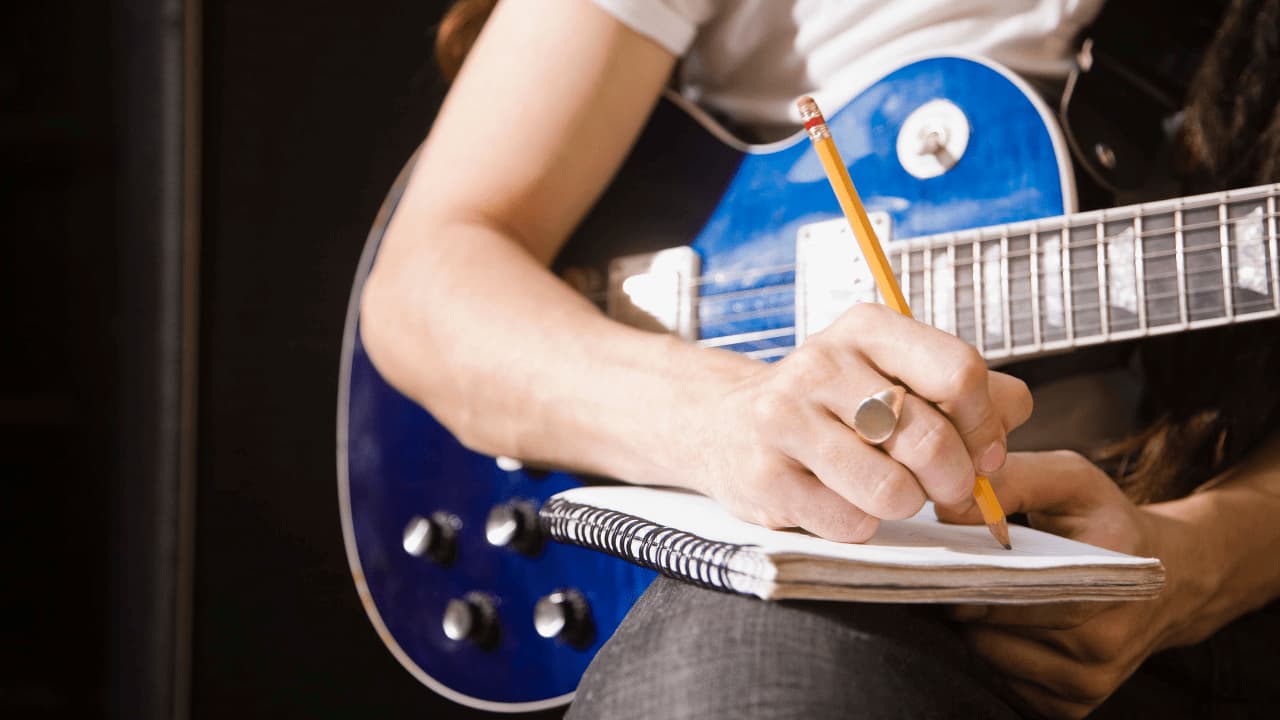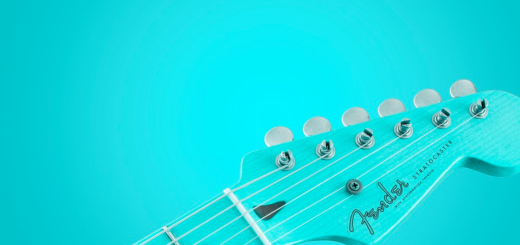How to Start Writing Your Own Music: A Guide for Beginners

Creating music is an exciting and multifaceted process that can serve as a source of inspiration and self-expression. For many beginner composers, the task of writing their first composition may seem difficult and confusing, but it’s actually not as complicated as it might seem at first glance. The most important thing is to start. In this article, we’ll help beginners understand the key stages of writing music and offer some useful tips.
How to Choose a Style and Genre of Music
The first step in creating music is deciding on a style and genre. Music can vary greatly — from classical and rock to electronic and pop culture. To start, think about which type of music appeals to you most and what interests you. This is important because the chosen style will determine what instruments are used, as well as what chords and harmonies will suit your composition.
If you’re a beginner, it’s best not to aim for something overly complicated right away. Start with something simple, like a melody in the pop or electronic style, and gradually expand your horizons.
How to Write Music: Basics of Harmony and Melody
Once you’ve decided on a genre, the next step is creating the music itself. It’s important to understand the basics of harmony and melody.
Melody is a sequence of notes that are perceived as a whole. It’s essentially the main part of a composition, the part that’s memorable and becomes the central theme. Keep in mind that the melody shouldn’t be too complex for the listener, especially if you’re just starting out.
Harmony, on the other hand, is the accompaniment to the melody, creating the atmosphere and supporting the main theme. Harmonies can be simple or complex, but it’s important that they fit with the melody and create the right mood.
For beginners, a good practice is to use basic chords and build a melody around them. Start by choosing simple chords (like C major, G major, A minor) and try to create a short melody around them.
Using Musical Instruments
If you have the opportunity, try writing music using instruments. However, this is not a mandatory requirement for beginners. To begin, you can use music creation software (such as GarageBand, FL Studio, or Ableton Live) that allows you to record and edit music compositions.
If you play any instrument, this can significantly speed up the process of creating music. For example, if you play the piano, you can start by writing melodies and chords on that instrument. Guitar, synthesizer, or even computer programs — all of these can help you bring your ideas to life in music.
Recording and Editing Music
Once you’ve recorded the main ideas for your composition, it’s important to focus on recording and editing. Modern music creation programs offer many tools to help you improve the sound of your compositions. For example, you can use various effects, filters, loops, and samples.
Keep in mind that during the editing process, you can experiment with different variations of your composition, adding additional instruments and layers. This helps you better understand how your music will sound and which elements need improvement.
How to Develop Your Skills
To become a better composer, you need to practice a lot and improve your skills. One of the most effective ways to enhance your musical abilities is by listening to a wide range of music and studying the styles of famous composers.
Often, beginner musicians learn other songs and try to replicate them to understand how compositions are structured. This helps develop your ear and gives you a better understanding of musical forms. Try recording your ideas, sharing them with friends and listeners, and getting feedback to see what can be improved.
Conclusion
Starting to write your own music is the first step into the exciting world of music creation. It’s not always an easy process, but it’s worth it. The main thing is not to be afraid to experiment and try new ideas. For beginner musicians, the process of learning and development is key. Don’t hesitate to use the available tools and resources to create your compositions. With each new piece, you will become more confident in your abilities.


